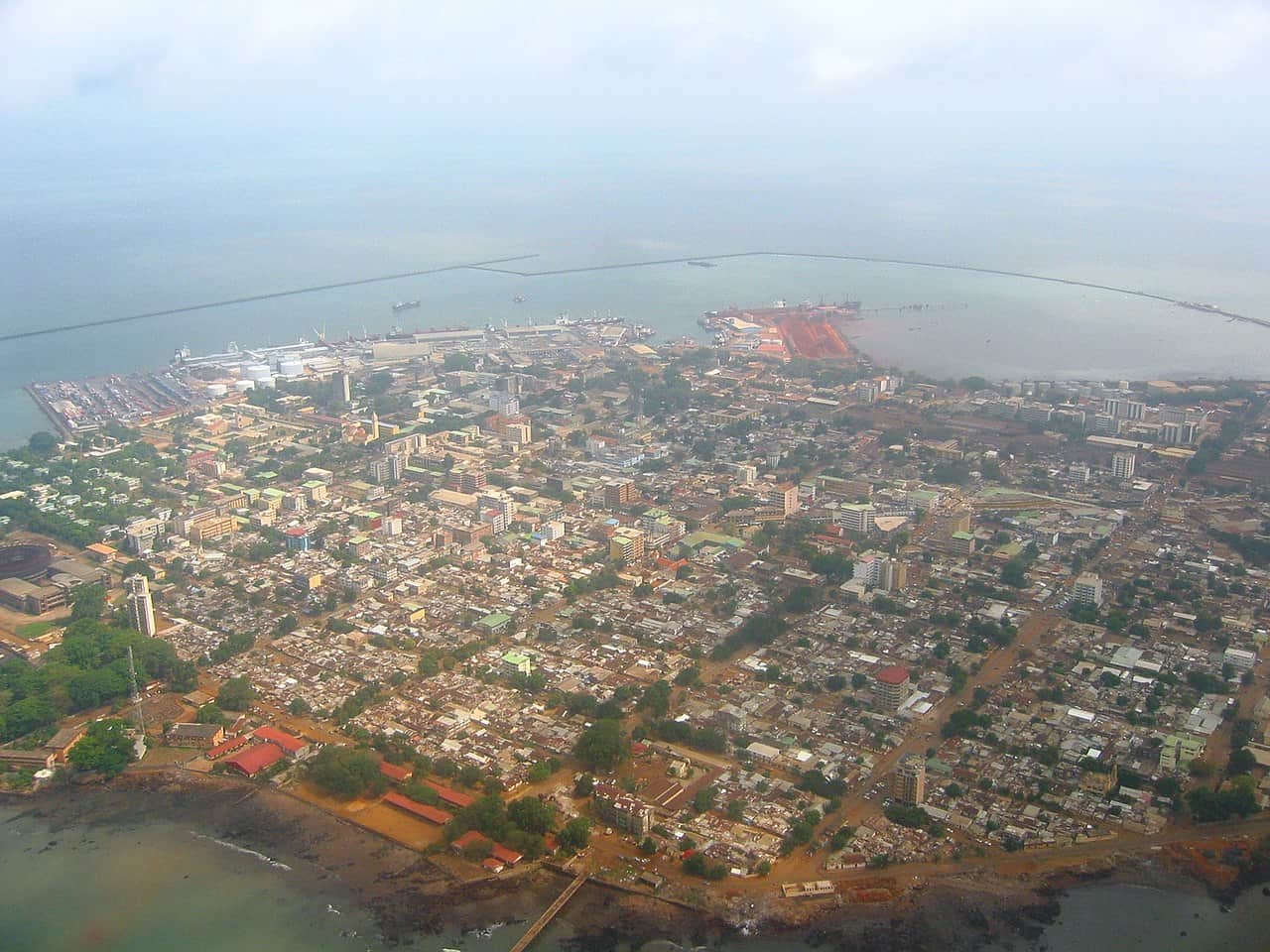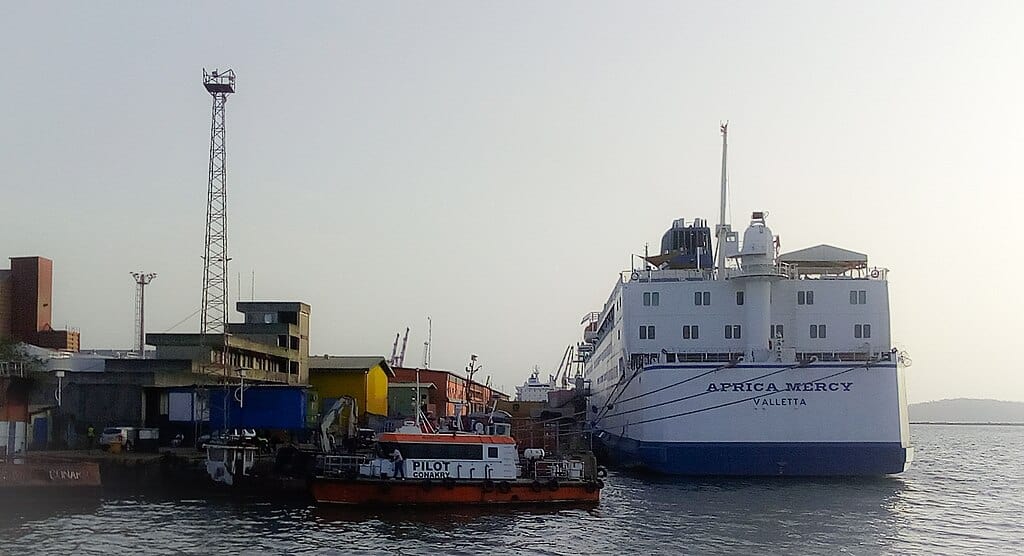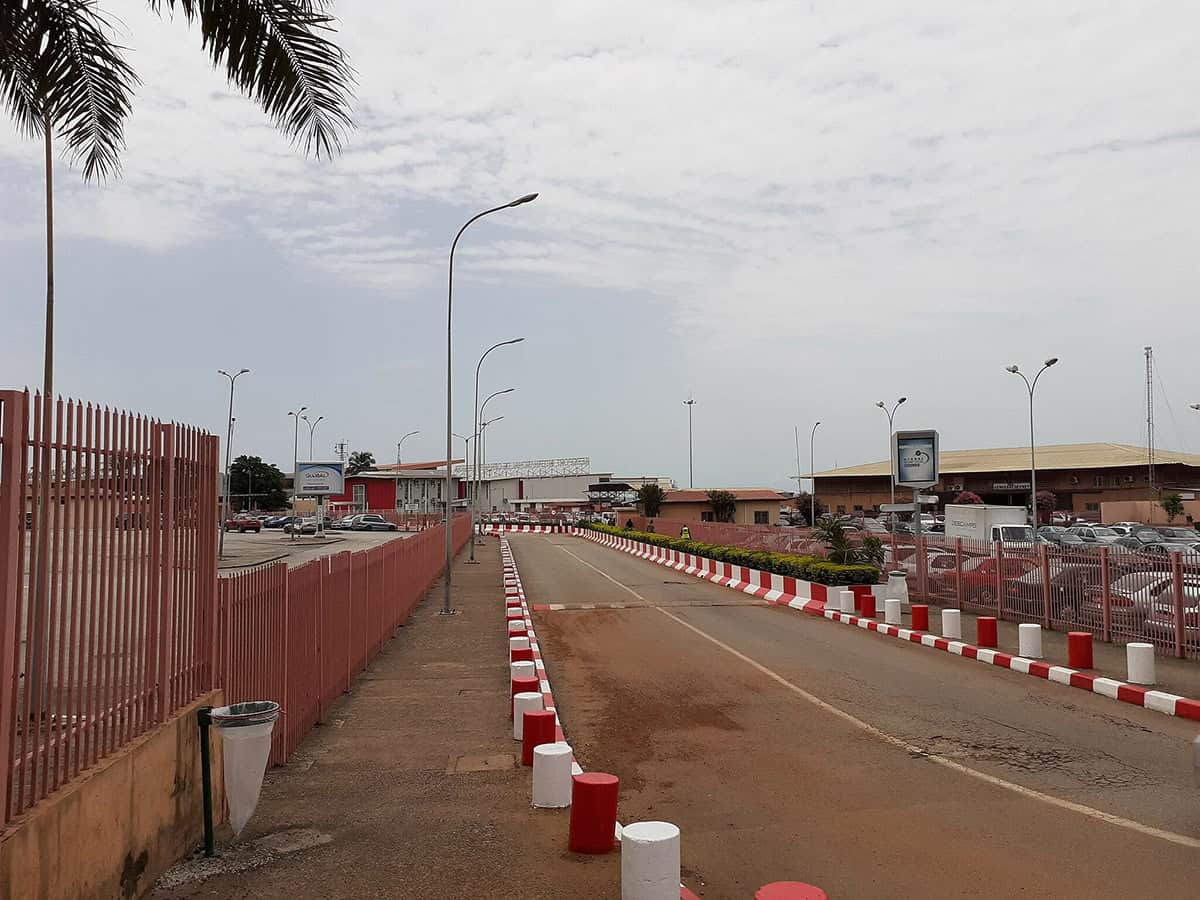We specialize in shipping diaper bales to West Africa. We are highly experienced in handling shipping logistics and can assist with all aspects of shipping to Conakry.

We specialize in shipping diaper bales to West Africa. We are highly experienced in handling shipping logistics and can assist with all aspects of shipping to Conakry.

The diaper bales market in Guinea reflects specific dynamics influenced by demographic factors, economic conditions, and cultural preferences. Here’s an overview of the demand for diaper bales in Guinea:
In summary, while Guinea’s diaper market faces challenges related to affordability and distribution, it presents significant opportunities for growth driven by demographic trends, urbanization, and evolving consumer preferences towards convenience and hygiene products. Continued investment in infrastructure and product innovation will play a crucial role in unlocking the full potential of the market.

The shipping industry in Guinea plays a crucial role in the country’s economy, facilitating international trade and connecting Guinea to global markets. Here’s an overview of the Guinea shipping industry, including key aspects such as ports, infrastructure, challenges, and future prospects.
In conclusion, while Guinea’s shipping industry faces challenges related to infrastructure and logistics, it remains a vital component of the country’s economy, facilitating trade and contributing to economic development through the export of key commodities like bauxite. Continued investment in infrastructure and reforms aimed at improving efficiency and regulatory transparency will be crucial for unlocking the industry’s full potential.

The Port of Conakry is the largest and most significant port in Guinea, serving as a crucial gateway for international trade and maritime activities. Here’s a detailed overview of the Port of Conakry:
In summary, the Port of Conakry plays a pivotal role in Guinea’s economy by facilitating international trade, particularly in the export of bauxite and other commodities. With ongoing infrastructure improvements and strategic developments, the port is poised to further enhance its capacity and efficiency in the years ahead.